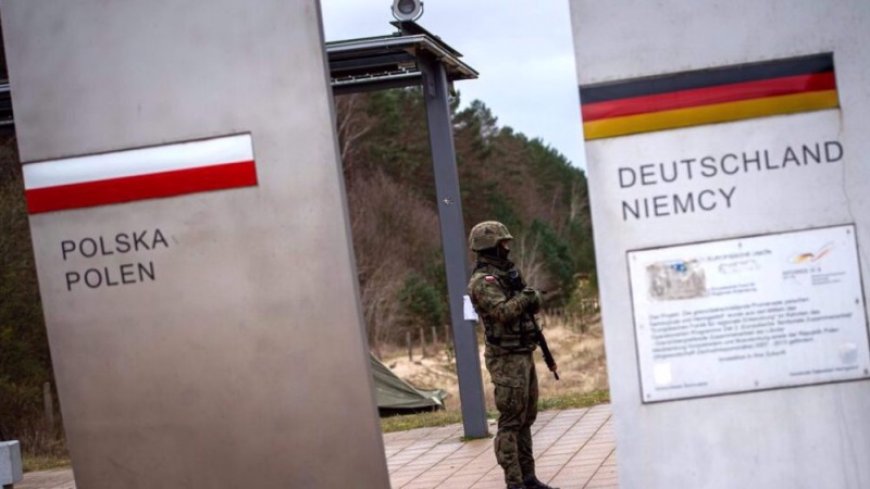Germany is introducing controls at the borders of Poland and the Czech Republic to keep asylum seekers out
Germany is introducing controls at the borders of Poland and the Czech Republic to keep asylum seekers out

The German government wants to introduce police checks at the borders with Poland and the Czech Republic to stem the flow of asylum seekers, a German official said. The official told POLITICO on Tuesday that these “temporary checks at select border crossings” would begin “in the next few days.”
German leaders are coming under increasing pressure to take action against the growing number of asylum seekers, many of whom are now crossing the borders of Poland and the Czech Republic. In the first eight months of 2023, around 204,000 people applied for asylum in Germany, 77 percent more than in the same period last year. Since Poland and the Czech Republic are members of the passport-free Schengen area, a visa issued by these countries grants holders free access to 27 countries across Europe. At the same time, media reports said the Polish government was involved in a visa fraud scandal that led to the detention of seven people and the dismissal of the deputy foreign minister. Germany, which borders Poland, has asked Warsaw for an official statement on the matter.
Chancellor Olaf Scholz called for a “clarification” of the allegation that up to 350,000 migrants bought EU Schengen visas from Polish consulates. “I don’t want Poland to just wave people through and then discuss our asylum policy,” Scholz told a crowd in Nuremberg. Members of Poland's right-wing Law and Justice (PiS) party responded to Scholz's allegations in the visa corruption scandal: Poland's Foreign Minister Zbigniew Rau called on the German Chancellor to "refrain from making statements that harm our mutual relations."
#Rau also accused Germany of wanting to interfere in his country's internal affairs. The ruling PiS party had previously acknowledged wrongdoing but insisted the scale of the problem was much smaller than media reports suggested. Poland's deputy foreign minister, Piotr Wawrzyk, was fired and later hospitalized after anxiety caused by the scandal reportedly led to self-harm. Meanwhile, Polish prosecutors have indicted seven people suspected of corruption and participation in the fast-track visa scheme. In this regard, the Embassy of the Czech Republic in New Delhi warned visa applicants against any practice whereby a third party promises to process visas or provide supporting documents for visa applications, such as work permits.
Last year, Czech officials said such offers were fraudulent. However, they also insisted that only visas and supporting documents issued by Czech state authorities were acceptable, raising suspicions of bribery and corruption. According to reports in Polish media, about 250,000 bribe visas have been issued since 2021, each costing thousands of dollars. The trip to Poland was considered an intermediate step before entering northwestern Europe or the USA. News portal Onet reported a case in which a group of Indians paid up to $40,000 for visas and pretended to be working on a Bollywood film in order to fly to Poland and later reach America. The scandal involved nationals from Hong Kong, Taiwan, Saudi Arabia, Singapore, the Philippines, Qatar and the United Arab Emirates, who were also believed to have paid excessive fees.













































